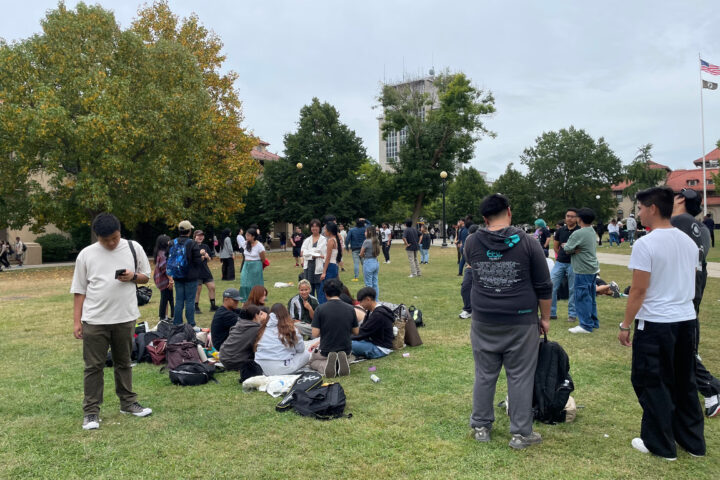I’ve been privileged to teach at Queens College for a number of years now. As a QC alumnus it is especially exciting to teach here. As terrific as Queens College is, it can be even better. One way to make it better is for professors to fully respect the academic freedom of their students. Over the years, I’ve heard plenty of stories from my students about professors who use their classrooms as their own personal soapboxes. Some students have even told me that they are afraid to disagree with their professors for fear of jeopardizing their grades.
The fact of the matter is that college professors are not supposed to use their classrooms as a soapbox to indoctrinate students. Our job is to get students to think critically and that means they will sometimes disagree with their professors. Faculty members should be careful not to push their political views on their students. I admit that I have sometimes been guilty of this myself and I need to do better—we all do.
All faculty members would be well advised to review the Joint Statement on Rights and Freedoms of Students, promulgated by the American Association of University Professors—the AAUP. Here are a few pertinent excerpts from that statement:
“Academic institutions exist for the transmission of knowledge, the pursuit of truth, the development of students, and the general well-being of society. Free inquiry and free expression are indispensable to the attainment of these goals. As members of the academic community, students should be encouraged to develop the capacity for critical judgment and to engage in a sustained and independent search for truth… The professor in the classroom and in conference should encourage free discussion, inquiry, and expression. Student performance should be evaluated solely on an academic basis, not on opinions or conduct in matters unrelated to academic standards… Students should be free to take reasoned exception to the data or views offered in any course of study and to reserve judgment about matters of opinion, but they are responsible for learning the content of any course of study for which they are enrolled.”
In addition, this excerpt from the AAUP’s Statement of Principles on Academic Freedom and Tenure is relevant:
“Teachers are entitled to freedom in the classroom in discussing their subject, but they should be careful not to introduce into their teaching controversial matter which has no relation to their subject.”
I call upon my fellow faculty members to scrupulously abide by these principles. It would be nice if all faculty members got an email on the first day of class which provided a link to the above-mentioned statements of the AAUP. Perhaps students should also get a similar email reminding them of their right to academic freedom and what recourse they have if their rights have been violated.
In conclusion, we are not supposed to use our classrooms as indoctrination centers. We are supposed to give students both sides of a story and let them come to their own conclusions. In short, we are supposed to encourage critical thinking and that can only be done in an environment where students are truly encouraged to think for themselves.
Timothy Rosen is a Business and Liberal Arts Program professor.













